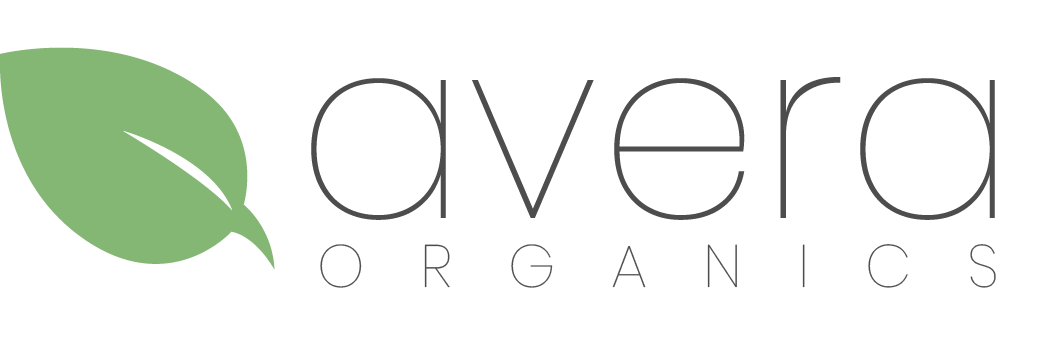You’re strolling through the pharmacy aisle at the supermarket, looking for a topical remedy for this season’s bout of itchy, dry skin. The sheer variety of options is a little overwhelming. How many skincare remedies can there be? Usually, you’d grab the first thing off the shelf that looks more or less good, (even if you can’t understand half the terms on the ingredients list), and move on with your shopping list.
New data (or ancient data now resurfaced) suggests that beeswax, literally the wax that honeybees make for their honeycombs, has skincare benefits that rival expensive, pharmaceutical-grade unguents.
Looking at the Research
A 2016 publication in Science Direct1 lauded organic beeswax for its benefits, particularly when this natural substance is used as an antimicrobial. And let’s keep in mind that this is not new science either. Beeswax has been in use not only as a foodstuff but also as a medicinal substance for thousands of years. According to Science Direct:
“‘Pharmaceutical’ use of beeswax dates back to ancient Egypt. Beeswax was the main ingredient in many recipes for the preparation of ointments and creams used to help pull plugs, to treat burns and wounds, and to soothe joint pain. The ‘father of medicine,’ Hippocrates, recommended the use of beeswax in cases of purulent tonsillitis. In ancient Rome, many doctors of the time used to apply a cream known as ‘cold cream,’ which contained olive oil, beeswax, and rose water for the treatment of burns, wounds, cuts, bruises, and fractures.”
— ScienceDirect.com
As millions of people across the world continue to struggle with dermatitis, psoriasis, eczema, dry, itchy, flaky skin, and other dermatological problems, modern science is circling back to the natural remedies that ancient medical practitioners used to heal their patients.
And the beautiful thing about this transition is that it’s working.
A scientific research and experimentation project out of Dubai was published in the U.S. National Library of Medicine2. The study hailed beeswax as being a useful ingredient when used in a face moisturizer or a lotion for dry skin. Scientists arrived at that conclusion by performing experiments and testing honey and beeswax-based products for efficacy in skincare supplements.
Quoting that study:
“In the honey mixture group, 8/10 patients with dermatitis showed significant improvement after two weeks. Honey mixture appears useful in the management of dermatitis and psoriasis vulgaris.”
Since beeswax came back on the radar as an all-natural health product, health gurus and natural science aficionados alike have sought to unravel the inherent nature of beeswax. The goal here has been to find out why this simple honey bee byproduct is so beneficial.
How is it that beeswax, a byproduct of honeybees, has all of these great benefits for humans?
For starters, beeswax is a humectant. A humectant is simply a substance that retains moisture. Beeswax binds water molecules to the skin without clogging pores, allowing the skin to remain hydrated without preventing the skin from receiving oxygen from the air, vitamin D from the sun, etc.
Beeswax is an excellent source of vitamin A. That aids in the hydration and the general exfoliation of the skin. The vitamin A also makes beeswax great for dry skin, particularly when used in a face cream or psoriasis lotion. Beeswax is also an anti-allergenic and has a high bioavailability (bioavailability refers to the rate at which a substance can be absorbed into and used by the body).
The Benefits of Beeswax
Beeswax is a natural substance that has many health benefits. (And we haven’t even touched on the non-skin-related healing aspects of beeswax yet). For just skincare alone, beeswax has the following traits:
- Beeswax softens and lubricates the skin.
- Beeswax is an antiallergenic, meaning almost anyone can use it.
- Beeswax serves to increase elasticity, thus slowing the aging process.
- Beeswax is rich in vitamin A, antioxidants, and anti-microbial, anti-bacterial properties.
- Beeswax is the perfect ingredient for an organic face moisturizer because it does not clog or block pore function.
Finding the Best Face and Body Cream
According to an article on Bustle3:
“Beeswax carries antiviral, anti-inflammatory, and antibacterial properties that are essential in fighting chapped skin and bacterial infections that tend to affect us most in the dry, winter months.”
— Bustle.com
So the next time you’re at the supermarket shopping for a face and body cream that will work, you might consider avoiding heavily chemicalized pharmaceutical products. Why not instead consider ordering an all-natural, organic skin cream, (preferably, one that has beeswax as a primary ingredient.) Your skin will thank you!
Sources:
1 https://www.sciencedirect.com/science/article/pii/S1995764516301407
2 https://www.ncbi.nlm.nih.gov/pubmed/15022655
3 https://www.bustle.com/articles/58023-3-uses-for-beeswax-thatll-have-your-hair-skin-and-clothes-looking-their-best-because

[…] natural ingredients, like organic aloe vera, cocoa butter, coconut oil, Shea butter, sunflower oil, beeswax, Jojoba oil, Borage oil, Vitamin B5, Vitamin E, […]